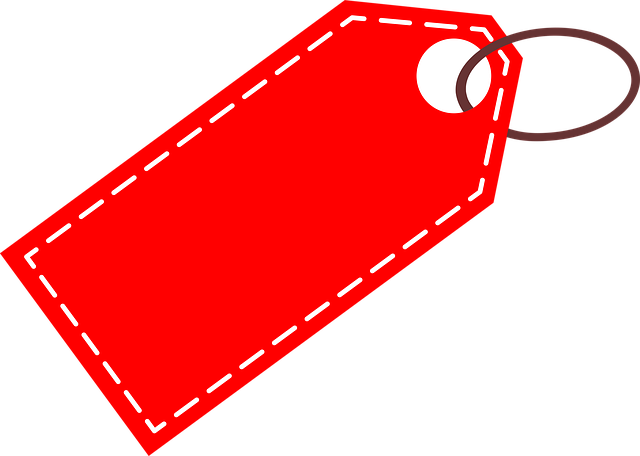Skin tags, caused by genetics, hormones, and friction, can be safely and effectively removed in Manchester through non-invasive methods like cryotherapy, laser treatment, or topical creams. Topical creams are popular for their accessibility, gentleness on sensitive skin, and cost-effectiveness, helping to reduce tag size and eventual disappearance with regular use.
“Unwanted skin tags can be a common concern, but effective removal options exist. This comprehensive guide explores the best products and methods for Manchester tag removal, catering to various preferences and budgets. From non-invasive techniques like cryotherapy to advanced laser therapies, we delve into safe and proven solutions. Learn about topical treatments, surgical excising, at-home remedies, and prevention tips, empowering you to make an informed decision on achieving smooth, tag-free skin.”
- Understanding Skin Tags: Causes and Appearance
- Non-Invasive Methods for Tag Removal in Manchester
- Topical Creams and Lotions for Effective Skin Tag Elimination
Understanding Skin Tags: Causes and Appearance
Skin tags, also known as acrochordons, are small, soft skin growths that typically appear as thin, hanging pieces of skin. They commonly form in areas where skin rubs against itself, such as the neck, armpits, groin, or belly button. While they are usually harmless and often go unnoticed, some individuals may find them unsightly and opt for Manchester Tag Removal.
The exact cause of skin tags is not entirely understood, but it’s believed to be a combination of factors including genetics, hormones, and friction. They tend to run in families, suggesting a genetic predisposition. Hormonal changes, especially during pregnancy or puberty, can also contribute to their development. Friction from clothing or jewelry further increases the likelihood of skin tags forming in specific areas.
Non-Invasive Methods for Tag Removal in Manchester
In Manchester, there are several non-invasive methods available for skin tag removal that offer effective and safe alternatives to surgical excision. One popular approach is cryotherapy, where a liquid nitrogen probe is used to freeze and destroy the skin tags. This method is typically quick, painless, and results in minimal scarring. Another less invasive option is laser treatment, which targets the blood vessels supplying the skin tag, causing it to disappear over time.
Additionally, topical creams containing salicylic acid or lactic acid can be used to gradually remove skin tags by exfoliating the skin and breaking down the protein structure of the tags. These treatments are usually applied at home, making them a convenient choice for those seeking Manchester Tag Removal without undergoing surgical procedures.
Topical Creams and Lotions for Effective Skin Tag Elimination
Many people opt for topical creams and lotions as a preferred method for Manchester tag removal. These products are easily accessible over-the-counter and offer a non-invasive approach to skin tag elimination. Formulated with active ingredients like salicylic acid, lactic acid, or glycolic acid, these creams gently exfoliate the skin and help loosen the tags’ hold on the underlying tissue. Regular application can lead to significant reductions in skin tag size and eventual disappearance.
When choosing a cream or lotion for Manchester tag removal, look for products with a good reputation and positive reviews. Ensure they are suitable for sensitive skin to avoid any potential irritation. Topical treatments take time and patience, but they provide a cost-effective solution that can be done at home, offering convenience and discreteness for those seeking to discreetly remove unwanted skin tags.
When it comes to Manchester tag removal, understanding your options is key. From non-invasive procedures to topical treatments, various methods exist to eliminate skin tags effectively. Whether you prefer a quick fix or a long-term solution, the right approach can help you achieve smooth, tag-free skin. Always consult a professional for personalized advice tailored to your needs and concerns.
